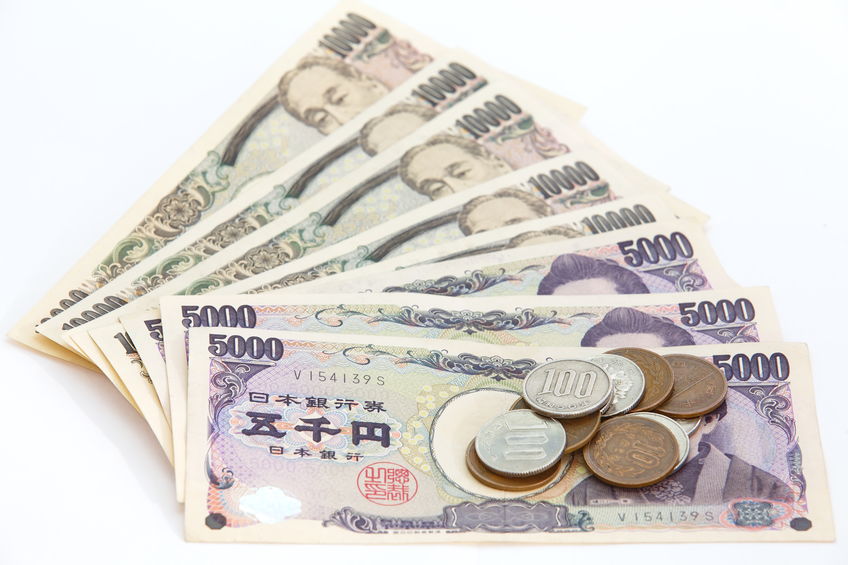How Much Money Can I Bring to Japan?

💴 How Much Money Can I Bring to Japan?
A Complete Guide for Travelers
If you’re planning a trip to Japan, you may be wondering: How much money can I bring to Japan? Whether you’re carrying cash for personal use, business, or as a gift, it’s important to understand the rules and regulations set by Japanese customs authorities.
In this article, we’ll explain the legal cash limits, declaration requirements, and travel tips so you can arrive in Japan fully prepared.
✈️ How Much Money am I allowed Bring to Japan?
There is no legal limit on the amount of money you can bring into Japan. However, if you bring more than 1 million Japanese yen (or equivalent in foreign currencies, checks, bonds, etc.), you are required by law to declare it to customs.
✅ Cash Declaration Threshold:
- 1,000,000 yen or more (about USD 6,500 or EUR 6,000)
- Applies to Japanese yen, foreign currency, traveler’s checks, checks, securities, and gold (over 90% purity, more than 1kg)
📋 How Do I Declare Money at Japanese Customs?
At the airport, you’ll receive a Customs Declaration Form (C5360-B). If you’re carrying more than the threshold:
- Check the appropriate box to declare your funds.
- Present the form to a customs officer upon arrival.
- Be prepared to answer questions about the source and intended use of the money.
Failing to declare properly may result in confiscation, fines, or even detention, especially if authorities suspect money laundering or other illegal activities.
💡 Why Does Japan Require Cash Declarations?
Japan takes financial transparency seriously. The declaration system helps prevent:
- Money laundering
- Terrorism financing
- Smuggling of valuable items (e.g., gold)
It’s not about restricting tourists—it’s about regulatory compliance and border security.
💱 Can I Bring U.S. Dollars or Euros to Japan?
Yes. Japan allows you to bring in foreign currencies, including U.S. dollars, euros, Korean won, etc. But again, if the total value exceeds 1 million yen, declaration is required.
🛑 What Happens If I Don’t Declare?
If you fail to declare large sums of money and are caught during inspection:
- Customs may confiscate the undeclared funds.
- You could face legal consequences under Japanese law.
- In extreme cases, you may be denied entry into the country.
Always err on the side of caution—declare when in doubt.
🔐 Is It Safe to Travel to Japan with a Lot of Cash?
Japan is generally very safe, and many visitors do carry cash due to its widespread use, especially at smaller shops, restaurants, and rural areas.
Tips for carrying large amounts:
- Use a money belt or secure travel pouch.
- Split your funds across bags or persons if traveling in a group.
- Use hotel safes or lockers for storage.
- Consider using a debit card or international prepaid card for larger expenses.
🎯 Summary: How Much Money Can I Bring to Japan?
| Item | Rule |
|---|---|
| Legal limit on bringing cash | No maximum |
| Declaration requirement | Yes, if over 1,000,000 yen or equivalent |
| Currency types | Japanese yen, USD, EUR, traveler’s checks, etc. |
| Where to declare | Airport customs (Customs Declaration Form C5360-B) |
| Penalty for not declaring | Possible seizure, fines, or legal trouble |
🧳 Final Thoughts
To wrap up: you can bring as much money as you want into Japan, but if your total exceeds 1 million yen, make sure you declare it honestly. The process is straightforward and designed to protect both travelers and the country.
When in doubt, declare. It’s better to be safe than sorry when passing through customs.









